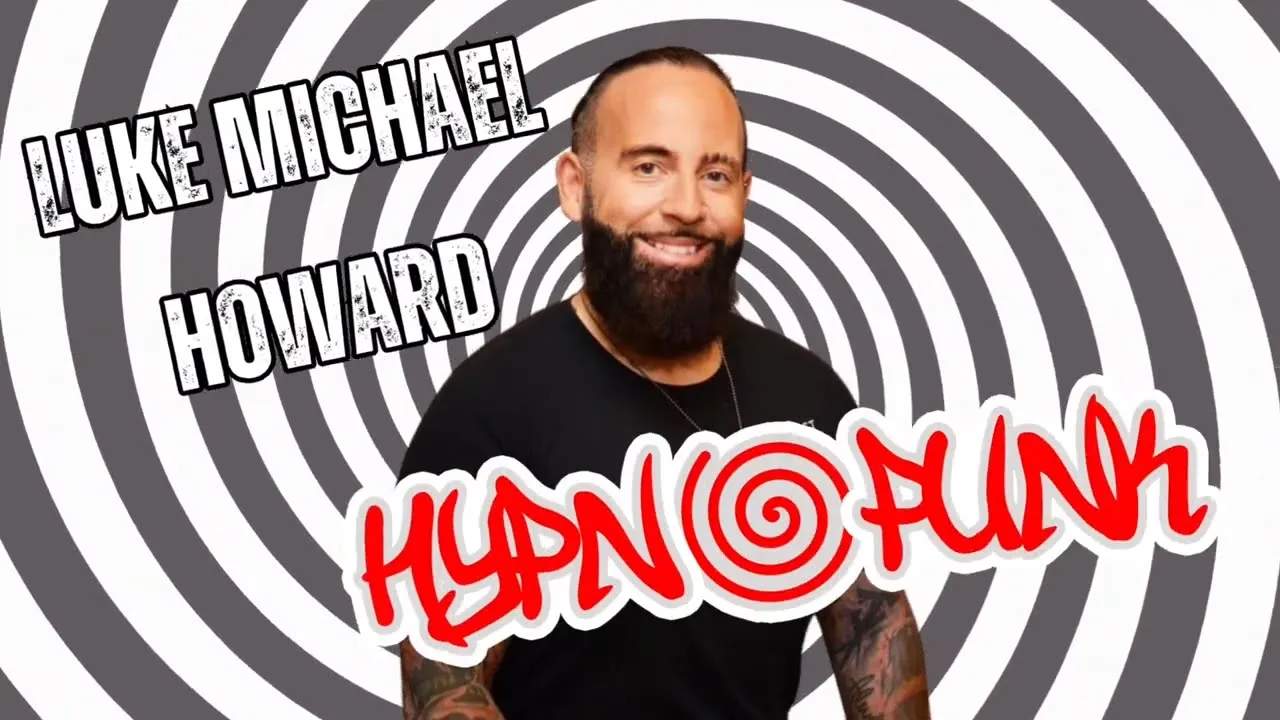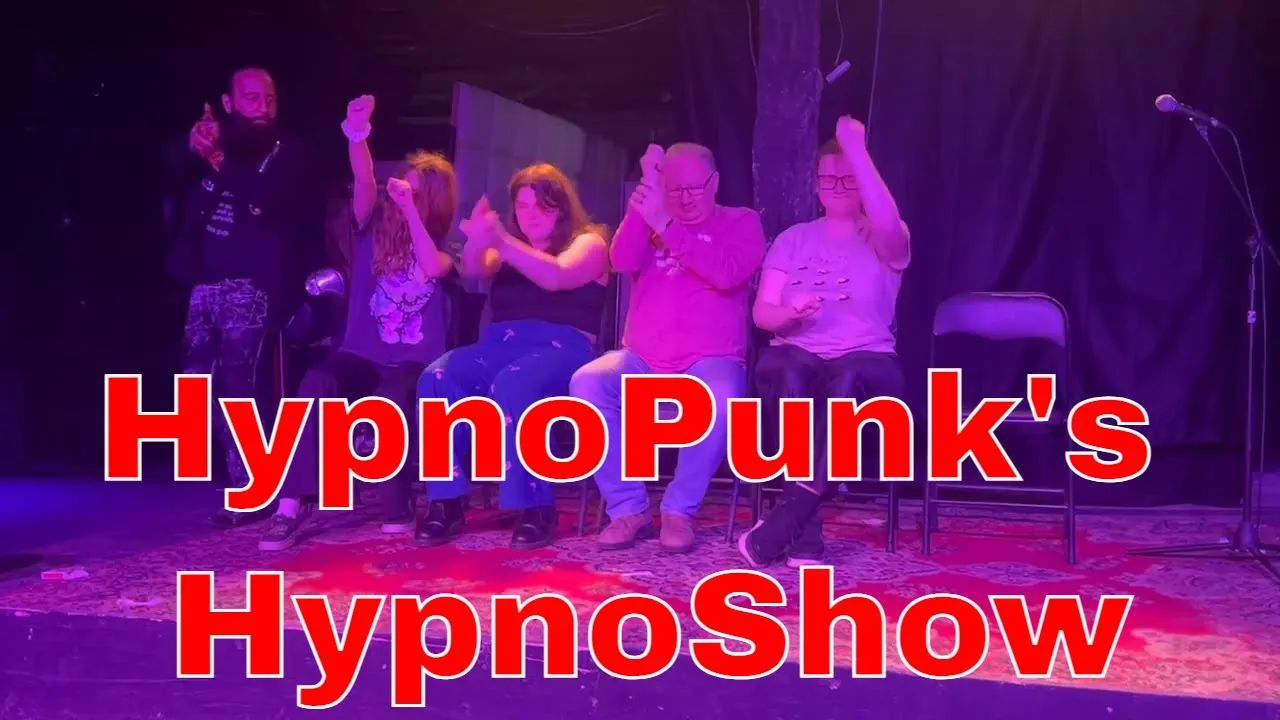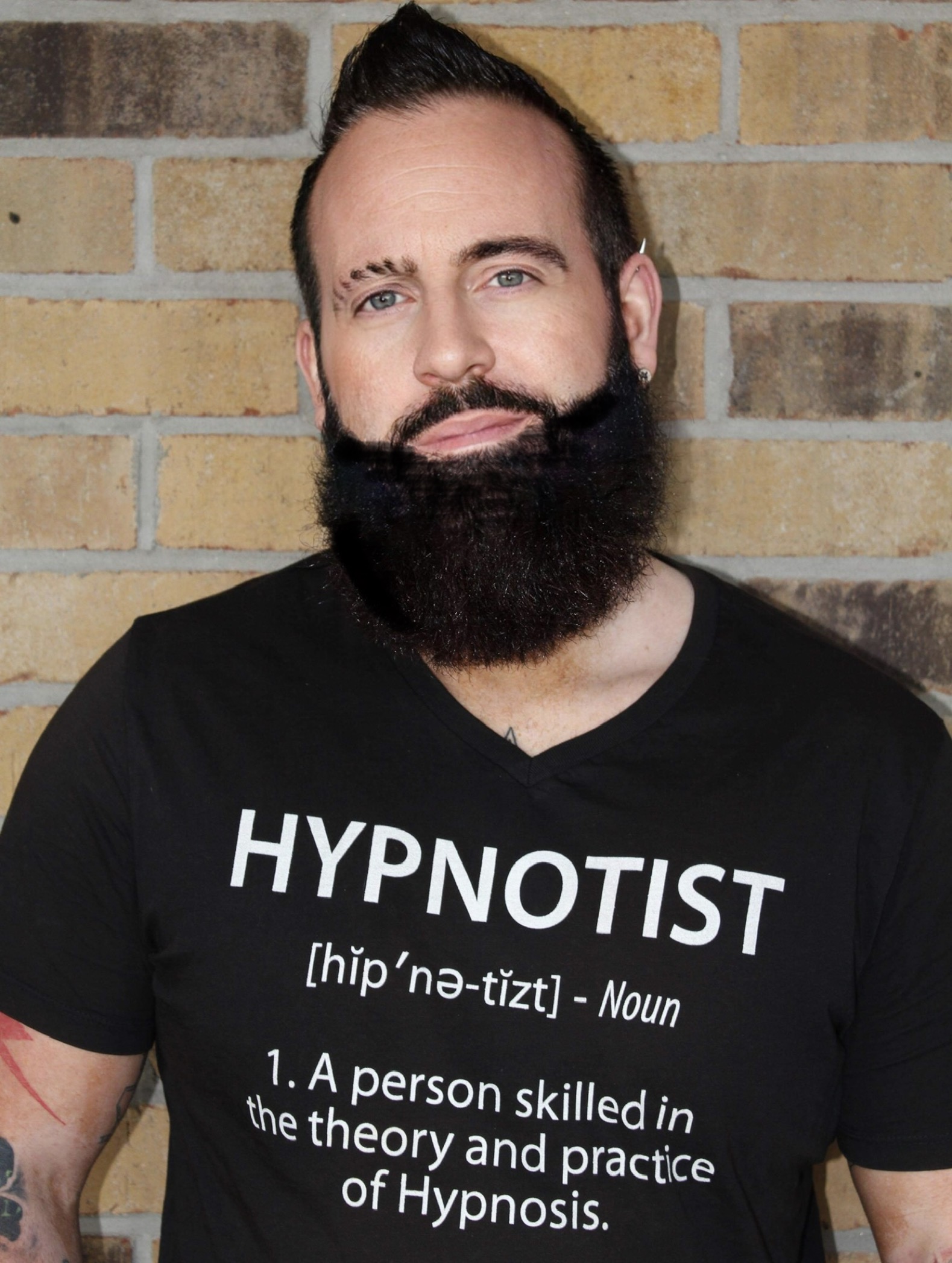Today, I am borrowing a lot of the work from Dr. Richard Nongard, a great hypnosis trainer in Las Vegas. He has compiled a lovely book of facts, I believe 101 proofs of hypnosis citations, medical studies that have been done, that prove the effectiveness of hypnosis. So I'm borrowing a lot from Richard today. Check his stuff out. Without a doubt, one of the most frequently asked questions I hear about hypnosis, which used to really annoy me, is, "Does it work?" And as a hypnotist who's earned a living seeing clients day in and day out now for 22 years, I, of course, know hypnosis works. I've seen the results in my office, in the street, onstage for many, many years.
But when people ask this question, they aren't really asking me about my assessment of my clients. What they really wanna know, "Is there any evidence, any research that backs up this hypnosis malarkey?" The answer is, of course, yes. If you just take a moment and you went on Google Scholars, and you typed in "hypnosis studies," you'd literally be flooded by thousands upon thousands upon thousands of hypnotic studies, peer-reviewed studies in medical journals showing that hypnosis works. And also, other similar methods identified and reviewed to show they work, such as visualization, mindfulness, meditation, and relaxation. It can really go ahead and change people's lives.
And as mentioned, Google Scholars, probably the best search engine for finding documents. Search any topic or area of interest plus the word "hypnosis" or "hypnotherapy," and you'll find just so many documents and support the effectiveness of hypnosis. Don't just take my word for it. Actually, research this stuff. And I'm not gonna put all the citations after every study that I go through today in this podcast. Because quite frankly, it's a lot of names, it's a lot of numbers, it's a lot of dashes. It will bore you. But essentially, if you put it into Google Scholar, you will find these, and you can check it out on your own time. Because I do want to educate you, but I don't want to bore you. And I know that giving you too many dashes, citations, first names, last names, it can have the tendency to switch off. But you can check this out, should you wish after the fact.
So without further ado, here we go. Hypnosis is more effective than nicotine replacement therapy for smoking cessation. Results of a randomized controlled trial, hypnosis, and HNRT were over three times more likely than NRT, nicotine replacement therapy – only participants to abstain at 26 weeks. And one of the persons involved in that study was Hasan, H-A-S-A-N, F, M. All right. Next one up, 1,000 patients, these results provide further evidence that gut-focused hypnotherapy is an effective intervention for refractory IBS, irritable bowel syndrome. And that was, "Post-Publication Peer-Review of the Biomedical Literature." I am not gonna read that long number out over there. You can go on Google Scholars for that.
Next one up, the main disorders that have been treated by hypnotic techniques are migraines, asthma, gastrointestinal disorders. The results have shown a significant decrease of pain-level and symptom relief for these patients. This study was, "The Use of Ericksonian Hypnosis in Synaptic Disorders in Social and Behavioral Sciences." Next one, hypnotherapy help esophageal disorders. The goal of esophageal-directed hypnotherapy is to promote a deep state of relaxation with focused attention, allowing the patient to learn to modulate physiological sensations and symptoms that are not easily addressed with conventional medicine and medical interventions. Currently, the use of hypnosis is suitable for globus, functional chest pain, noncardiac chest pain, and functional heartburn. And that was, "Hypnotherapy for Esophageal Disorders," "American Journal of Clinical Hypnosis." You can study that. You can check that out.
Next up, medical hypnosis is an effective, safe, noninvasive, and inexpensive tool for reducing the anticipatory distress and acclimatization time for NPPV, noninvasive positive-pressure ventilation. This therapy is particularly useful in children with traumatic experiences such as tracheotomy or facial surgical procedures. And this was in the study of, "Medical Hypnosis as a Tool to Acclimatize Children to Noninvasive Positive-Pressure Ventilation." You can check that out. It's quite a mouthful. You can see why I'm not reading out the full citations here. Otherwise, we're gonna be here all day. But again, you can check that stuff out for yourself.
Next one up, collectively, this body of research shows, unequivocally, for both adults and children with IBS, hypnosis treatment is highly effective in reducing bowel symptoms and can offer lasting and substantial relief for a large proportion of patients who do not respond adequately to usual medical treatment approaches. And that was published in 2015 in "Hypnosis Treatment of Gastrointestinal Disorders: A Comprehensive Review of the Empirical Evidence" in the "Medical Journal of Hypnosis." There you go. Next one up, GHT, gut-directed hypnotherapy improves IBS-related quality of life, is superior to supportive medical treatment alone, and shows a long-term effect, even in refractory IBS. And that was published in 2013, "Long-term Success of Gut-Directed Group Hypnosis for Patients with Refractory Irritable Bowel Syndrome."
Next up, hypnosis significantly alleviates preoperative anxiety. And this was published in 2006, "Hypnosis Reduces Preoperative Anxiety in Adult Patients." You can check that out. Next one up, self-hypnosis training represents a rapid, cost-effective, nonaddictive, and safe alternative to medication for the treatment of anxiety-related conditions. The tremendous volume of research provides compelling evidence that hypnosis is an effective treatment for state anxiety, e.g. prior to test surgery and medical procedures, and anxiety-related disorders such as headaches and irritable bowel syndrome. And that was published in 2010 in a study which is entitled, "Hypnosis in the Treatment of Anxiety and Stress-Related Disorders."
Next up, the results have shown that 73% of self-hypnosis subjects reported disappearance of tinnitus during a treatment session – tinnitus, ladies and gentlemen, is the ringing of a bell, essentially, in your ears – as compared to only 24% in the brief auditory stimulus group. Moreover, the short-term one-week and long-term 2-month symptoms profiled of only SH subjects revealed a significant improvement. That was published in 1990, "The Efficacy of Self-Hypnosis for Tinnitus Relief." Next up, it was concluded that hypnosis combined with NP compares favorably with standard behavioral counseling in general long-term quit rates. This was published in 2008 in a study entitled, "Hypnosis for Smoking Cessation: A Randomized Trial of Nicotine and Tobacco."
Next up, breast cancer, the results support CBTH, cognitive behavioral therapy plus hypnosis, as an evidence-based intervention to control fatigue in patients undergoing radiotherapy for breast cancer. CBTH is noninvasive and has no adverse effects, and its beneficial effects persist long after the last intervention session. This was in a study published in 2015, "Randomized Controlled Trial of Cognitive Behavioral Therapy Plus Hypnosis Interventions to Control Fatigue in Patients Undergoing Radiotherapy for Breast Cancer." Next up, hypnosis appears to reduce perceived hot flashes in breast cancer survivors and may have additional benefits, such as reduced anxiety and depression and improved sleep. This was published in 2009 in "Randomized Trial of a Hypnosis Intervention for Treatment of Hot Flashes Among Breast Cancer Survivors."
Next up, smoking cessation, 81% quit smoking with hypnosis. And a majority of those who quit remained smoke-free a year later. This was published in 2004, "Clinical Hypnosis for Smoking Cessation: Preliminary Results of a Three-Session Intervention." And this was published by the "International Journal of Clinical and Experimental Hypnosis." Next up, results indicated significant increase in gynecological examination pain and in several measures assessing intercourse pain and nonsignificant increases in threshold. Some incidents of noncoital vulvar pain decreased over sexual function. Particularly, sexual satisfaction increased as post-treatment. That was published in 2007, "Original Research Sexual Pain Disorders: Effectiveness of Hypnosis for the Treatment of Vulvar Syndrome." That is quite a mouthful. That's what he said.
Stay Tuned For Part 2 Tomorrow!
Remember to Like, Share and Comment 🙂
Always Believe,
Luke Michael Howard CHT
Clinical Hypnotist






